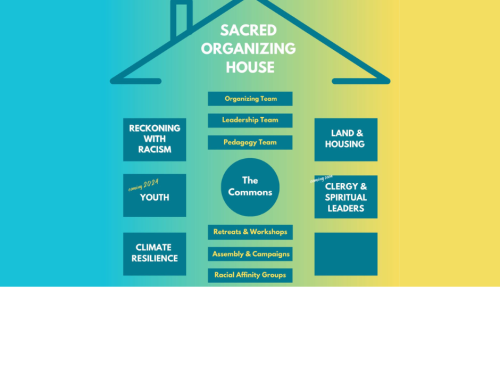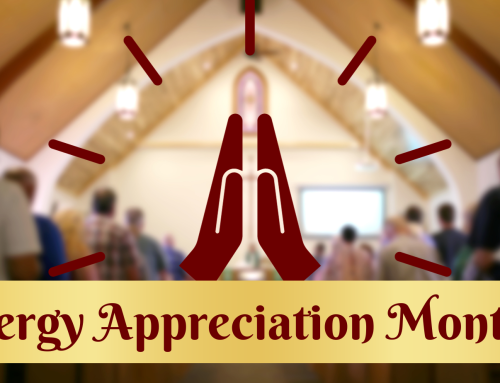2020 marks the 50th anniversary of the ordination of women in the ELCA, the 40th anniversary of women of color, and the 10th anniversary of LGBTQ+ siblings.
It’s an incredibly important marker for the ELCA, though it is only the beginning for the Church, as women are still denied ordination across the denominations and hold less than 15% of the leadership positions in the worldwide church! Therefore, in 2020, we in the Oregon Synod will highlight one woman from Christian history every week for fifty weeks. Some you may know, others you may not, but all worthy of our respect and gratitude.
#24 Ellen Watkins Harper
Though most of the early suffragists started in the abolitionist movement, some of its (white) leaders felt strongly that white women should receive the vote before black men, and therefore opposed the 15th amendment. Francis Ellen Watkins Harper had a more inclusive view. Harper was a well-known author; the first African American woman to publish a short story. In 1866, at the 11th National Woman’s Rights Convention—sharing the stage with Elizabeth Cady Stanton, Susan B. Anthony, and Lucretia Mott—Harper gave a speech entitled, “We Are All Bound Up Together,” a visionary speech on the relationship between African American and women’s rights. In it, she urged her fellow suffragettes to include African American women in their fight for the vote and emphasized the double burden of racism and sexism faced by Black women. “You white women speak here of rights,” she said. “I speak of wrongs.” Harper dedicated her life to social reform, helping to found the National Association of Colored Women and serving as its vice president in 1897. Her activism was rooted in her Christian beliefs, hearing in the Gospel a call to action and living her life in service to that call. She challenged the status quo, taking personal risks on behalf of the greater good, encouraging others with her written words and public speeches. Harper decided that her personal survival and well-being were inextricably linked to the survival and well-being of the larger society. She writes in her poem “Be Active,”
“Oh! be faithful! Oh! be valiant,
Trusting not in human might;
Know that in the darkest conflict,
God is on the side of right!”
Congress passed the 19th amendment on June 4, 1919, and ratified it on August 8, 1920. Like many prominent suffragettes, Harper did not live to see the fruits of her labor.




